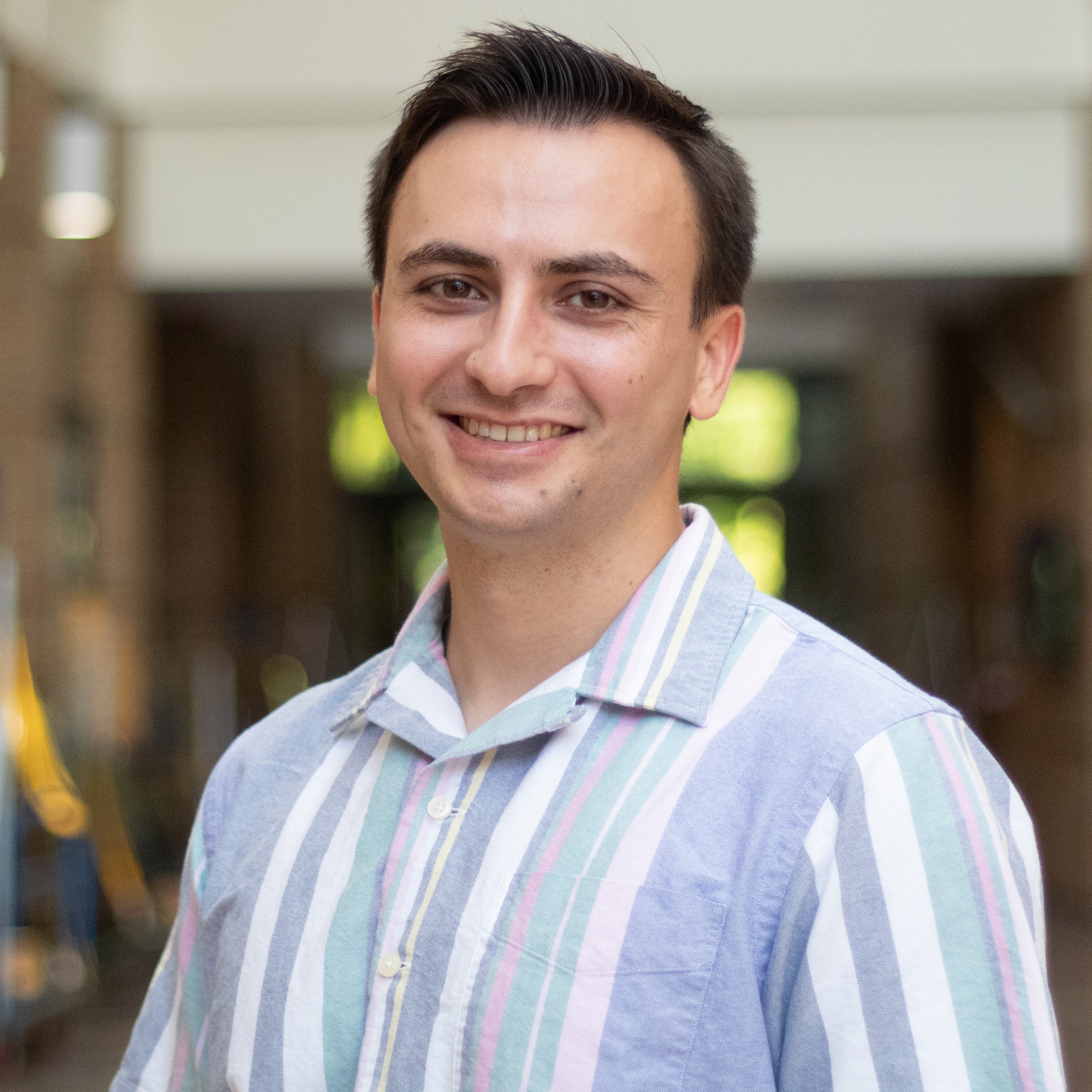Overview
My research interest is in developing probabilistic inference methodologies and infrastructures to empower intelligent and scientific machine reasoning. In the most challenging real-world problems, we have incomplete information on the system of interest, typically due to datasets that are noisy, insufficiently small, or only partially observe the full system state. However, with proper modeling of the various uncertainties using probability theory, accurate and robust predictions and estimations can still be achieved. For example, my PhD research demonstrated that by introducing quantifications of model, measurement, and parameter uncertainties into standard system identification algorithms, we can achieve reliable and generalizable forecasting in data domains where traditional algorithms fail spectacularly.
To bring probabilistic inference to a level of maturity where machines will be capable of logical reasoning requires thorough research in several directions. My focus is on three main thrusts:
- Scalability using artificial intelligence and machine learning (AI/ML) technologies. Probabilistic inference algorithms are significantly more expensive than traditional algorithms due to the need to represent estimates as distributions rather than points. To bring probabilistic reasoning to scale we must create new ways to leverage the technological advancements in AI/ML.
- Transferability of domain knowledge to computational frameworks. The invention of classical mechanics was a revolutionary step that wrapped multiple perspectives on motion into a unified and extensible mathematical framework. Similar advancements must be made in more complicated systems, e.g., cellular processes, to integrate the understanding of domain experts with computational algorithms using rigorous applied mathematics.
- Sophistication of computational probabilistic frameworks. The most impactful problems in the world cannot be reliably modeled using solely Gaussian distributions and linear transformations. New algorithms must be developed to model complex and dynamic distributions in computationally tractable ways.
Dedicated research of these thrusts has the potential to lead to reasoning machines capable of intelligently informing nearly all aspects of societal development, including policy-making, city development, and scientific discovery.
